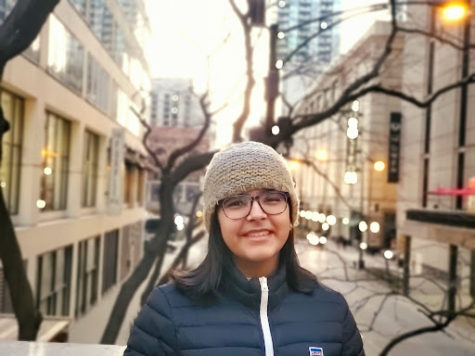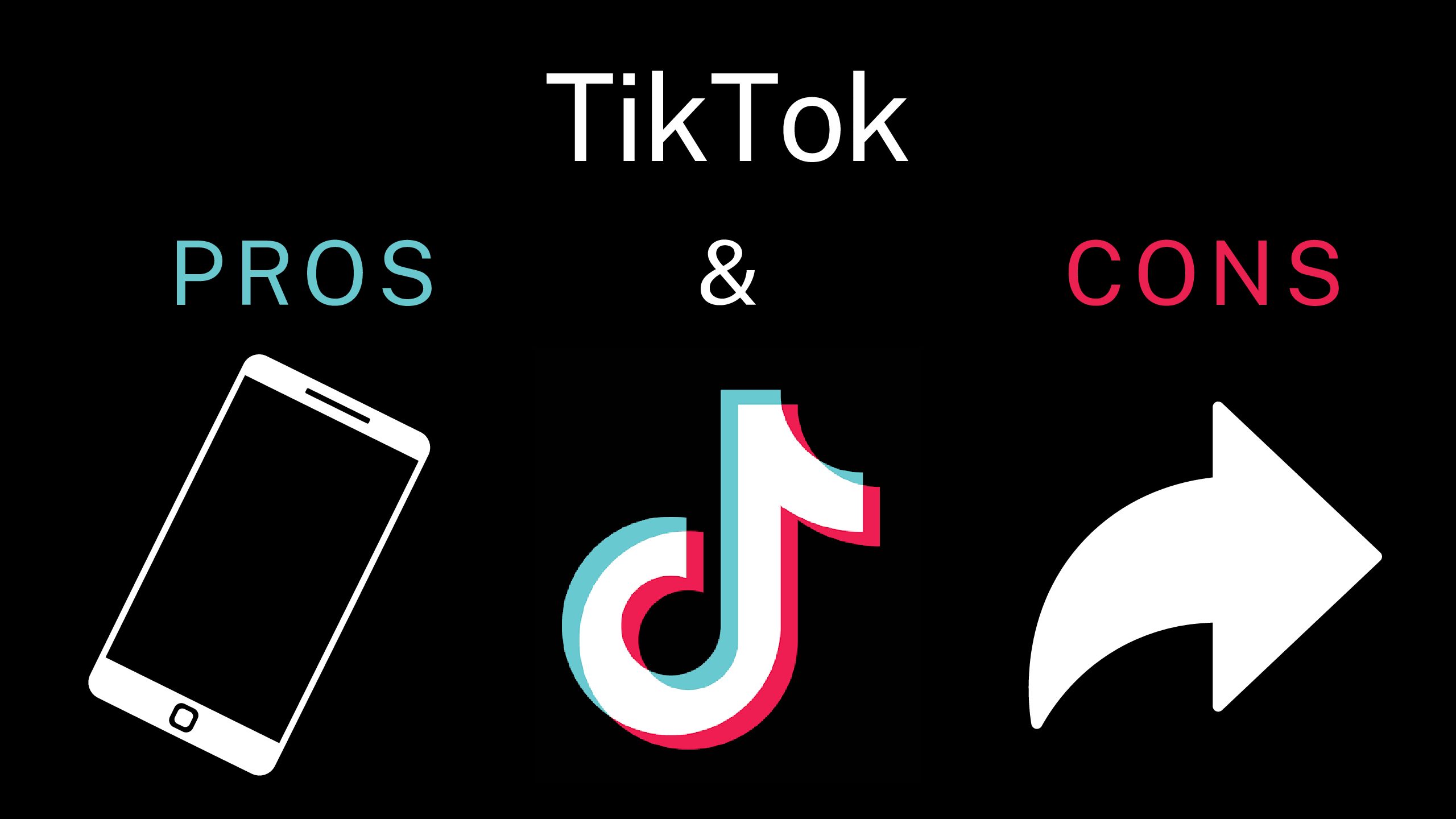Daylight Saving Time: Is it Really Worth It?
Daylight Savings can cause medical issues, increase weariness, and doesn’t help the amount of energy used.
January 24, 2021
Daylight Savings Time goes from the second Sunday in March, to the first Sunday in November. On the Sunday in March, the time goes forward by one hour (known as the “Spring Forward”), while the opposite is true on the Sunday in November, (known as the “Fall Fallback”). But you already know this. You have to deal with it, and its consequences, twice every year. This is why we need to get rid of DST.
To start, heart attacks and strokes are both leading causes of death in the United States, and a lack of sleep can increase your chances of having them. This shows that DST is directly related to an increase in heart attacks, as expressed by Can daylight saving time hurt the heart? Prepare now for spring, written by the American Heart Association News. DST messes up our sleep schedules from the time change. This could be catastrophic for people with existing heart problems or a history of them. DST is taking away our sleep and increasing your chances of dying.
As expressed by Leah Campbell in What Would Happen If We Got Rid of Daylight Saving Time?, sleep. Whether you turn the clocks forward or backward, it has a negative effect on your circadian rhythm (your natural and internal sleep cycle). This sleep disruption can cause many serious health issues such as increased risk for heart issues, i.e. heart attacks, strokes, etc.
Sleep deprivation also causes grogginess and crankiness which leads to less productivity. Employees don’t get as much work done, students don’t learn as much and don’t even get me started on how DST is affecting tired parents.
According to The Only 2 States That Don’t Observe Daylight Saving Time by Claire Nowak, before 1966, the states could decide how they would use DST, when the start and end times would be, or even to use it at all. But, the U.S. formally acquired DST as a part of the Uniform Time Act of 1966, so it became a nation-wide law that the states couldn’t interfere with but had to follow. One year later, Hawaii abandoned this law, with Arizona following suit in 1968. However, the Navajo Nation in northeastern Arizona does follow DST to be uniform with its territory in Utah and New Mexico.
One of the main benefits that people who like DST use in debates and such is the DST allows for more sun in the evening. This is true, but Hawaii and Arizona already have enough sun to go around for the entire year. If anything, we might want to reverse DST just for them, and the other parts of the U.S. that also feel like furnaces.
How Many States May Stay on Daylight Saving Time for Good? by Jeff Bogle says that DST was also made to save energy. Since the sun was seemingly out longer, people were more encouraged to play and go outside instead of staying inside all the time. But, since our phones, tablets, laptops, TVs and other electrical appliances run day and night, it is no longer helping us to conserve.
By now, you might be thinking that DST is horrible, but it actually has its fair share of advantages. Jeff Bogle’s article, How Many States May Stay on Daylight Saving Time for Good?, also explains that it increases tourism in the U.S., increases outdoor activity and it even helps the culinary industry by letting outdoor restaurants, patio or rooftop bars and golf courses/clubs see sunsets all the way into dinner time, convincing people to stay longer. Also, when darkness comes early, it leads to less outdoor activities, depression, and more health problems, especially in the winter months.
Even so, DST is just frivolous. The U.S. is such an amazing country, so the tourism won’t stop and people who are crazy about fitness have their ways to convince us home-dwellers to see the sun. As long as the food and atmosphere are good, the outdoor restaurants, patio or rooftop bars, and golf courses/clubs won’t need the sun’s influence over their customers. There are also many ways to combat depression and health problems. Plus, has no one heard about inside or winter sports?
We shouldn’t have to mess up our sleep cycle. We shouldn’t have to risk our health. And we definitely shouldn’t have to remember phrases like “Spring Forward” and “Fall Fallback” just to know the time.
Daylight Saving Time is not helping us at all. It is causing major health problems, making us feel tired and groggy, and isn’t helping us to save energy. It is only dragging us down. This is why DST needs to be abolished; to let us as individuals and as the United States to reach our full potential.







